In a move that underscores the rapidly evolving landscape of the automotive industry, Honda Motor Company has officially terminated development of its highly anticipated large-scale electric SUV, a cornerstone of its electrification strategy that was slated for a 2027 debut in the critical North American market. This decisive retreat from what was once considered a pivotal product in Honda’s zero-emission future reflects broader challenges facing automakers as electric vehicle demand plateaus, government incentives dwindle, and consumer preferences shift unexpectedly.
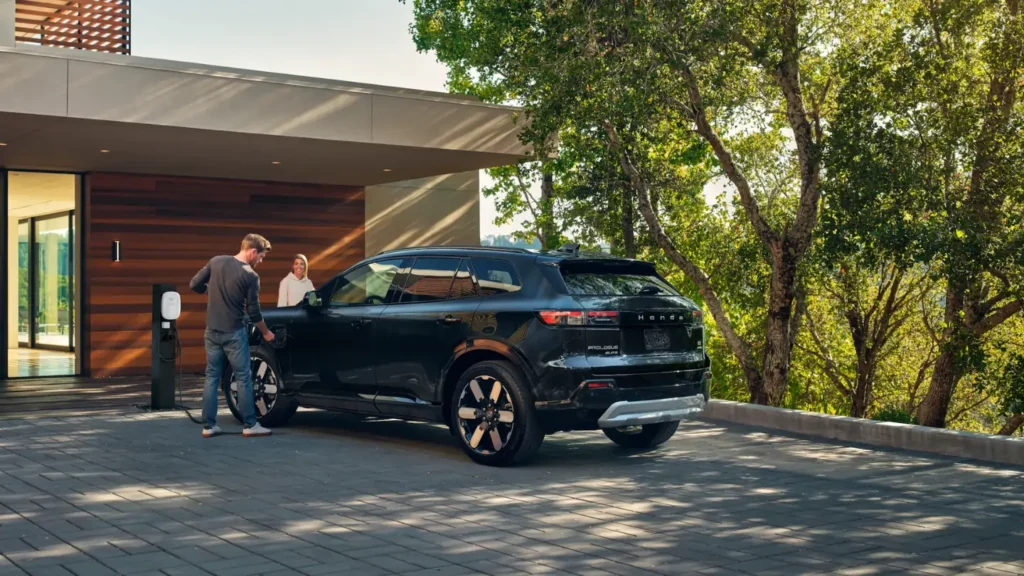
Flagship EV SUV axed before launch
The now-cancelled electric SUV was intended to serve as Honda’s flagship offering in its ambitious plan to introduce seven new electric vehicles globally between 2026 and 2030. Positioned as a high-volume, premium model, it was expected to spearhead the company’s transition toward an electrified future. However, that SUV has now been scrapped entirely, as reported by Nikkei Asia.
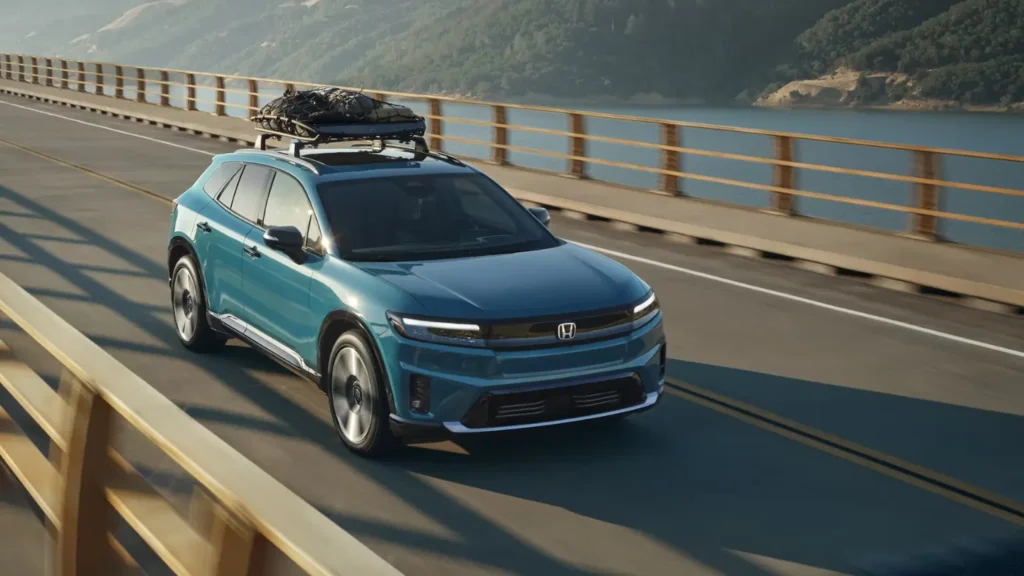
After months of internal reassessment, Honda executives concluded that the financial and market risks associated with launching a large, expensive electric SUV had grown too substantial to justify continued investment. The decision follows similar strategic pullbacks by rival automakers, including Ford’s delay of $12 billion in EV spending, General Motors’ scaling back of its Ultium-based product offensive, and Mercedes-Benz’s abandonment of its all-electric sales targets for 2030.
Market realities and policy headwinds
Several factors appear to have driven Honda’s decision. EV uptake in the US has slowed significantly, pressuring not just Honda but other automakers like Toyota, Ford, and Mercedes-Benz to revisit their launch timelines. Compounding this trend is the US government’s recent policy shift to end federal tax credits for certain EVs by the end of 2025, making electric cars less financially appealing to prospective buyers.

In contrast, Honda is forging ahead with plans for a new electric sedan and a mid-size SUV, which will still cater to North America but on a more modest scale.
Current line-up: Prologue and the Zero Series
At present, Honda’s only fully electric model available in the US is the Honda Prologue—a mid-size SUV built on a platform co-developed with General Motors. While the Prologue remains on sale, it represents a different strategy compared to Honda’s future offerings.
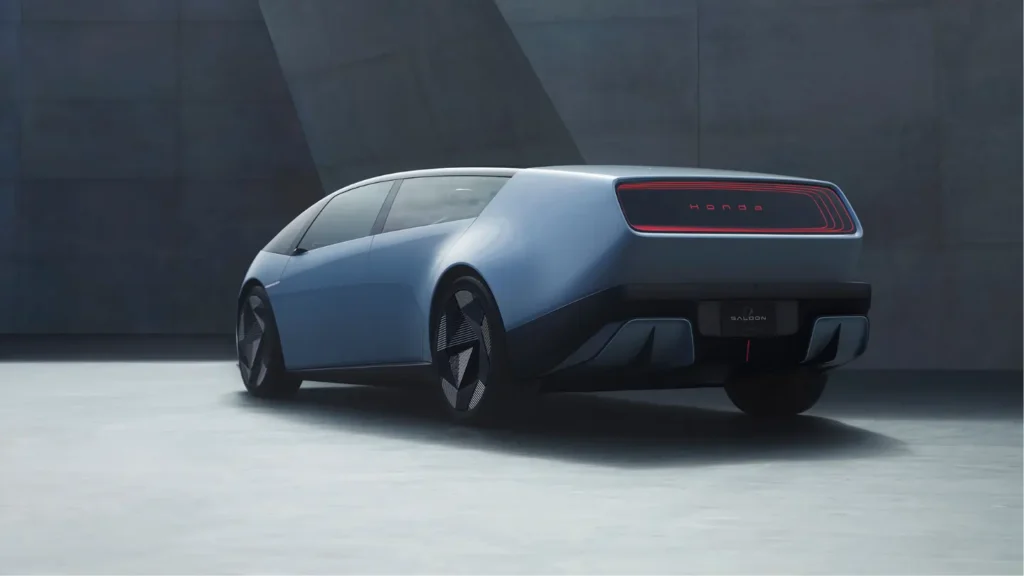
From 2026 onward, Honda plans to lean more on its in-house technology. The company’s upcoming ‘Zero Series’—including the sleek Honda 0 Sedan and SUV concepts—will ride on a new EV platform designed for efficiency and lightness. These models, previewed at CES events in 2024 and 2025, are expected to go into production in Ohio.
From all-electric to hybrid-focused
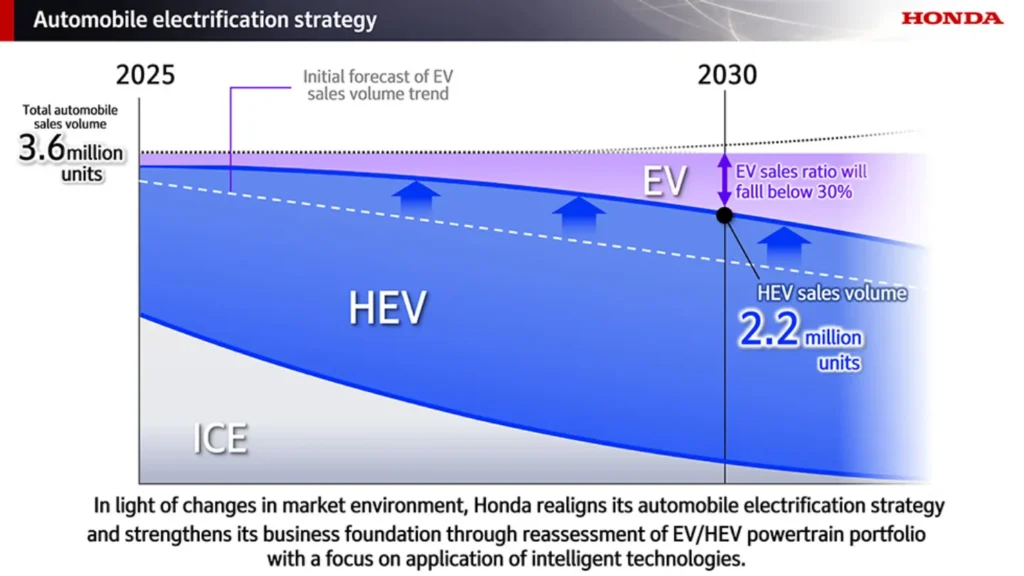
Honda’s pivot away from the large SUV isn’t a full retreat from electrification, but it does show a marked shift in priorities. As part of a broader strategy update announced in May 2025, Honda confirmed that hybrids would take a more prominent role in its global lineup, with electric vehicles continuing in smaller numbers and formats.
Industry-wide recalibration
Honda’s decision is echoing a growing trend across the automotive industry. Toyota recently postponed the launch of its own electric three-row SUV, citing similar concerns about demand and market readiness. Even premium and performance brands like Lamborghini are reportedly reconsidering EV timelines.
In an era of fast-changing policies and fluctuating consumer sentiment, automakers are being forced to balance ambition with adaptability. For Honda, that means taking a step back from a large, high-investment EV—at least for now—and focusing on segments and markets that are more ready to plug in.
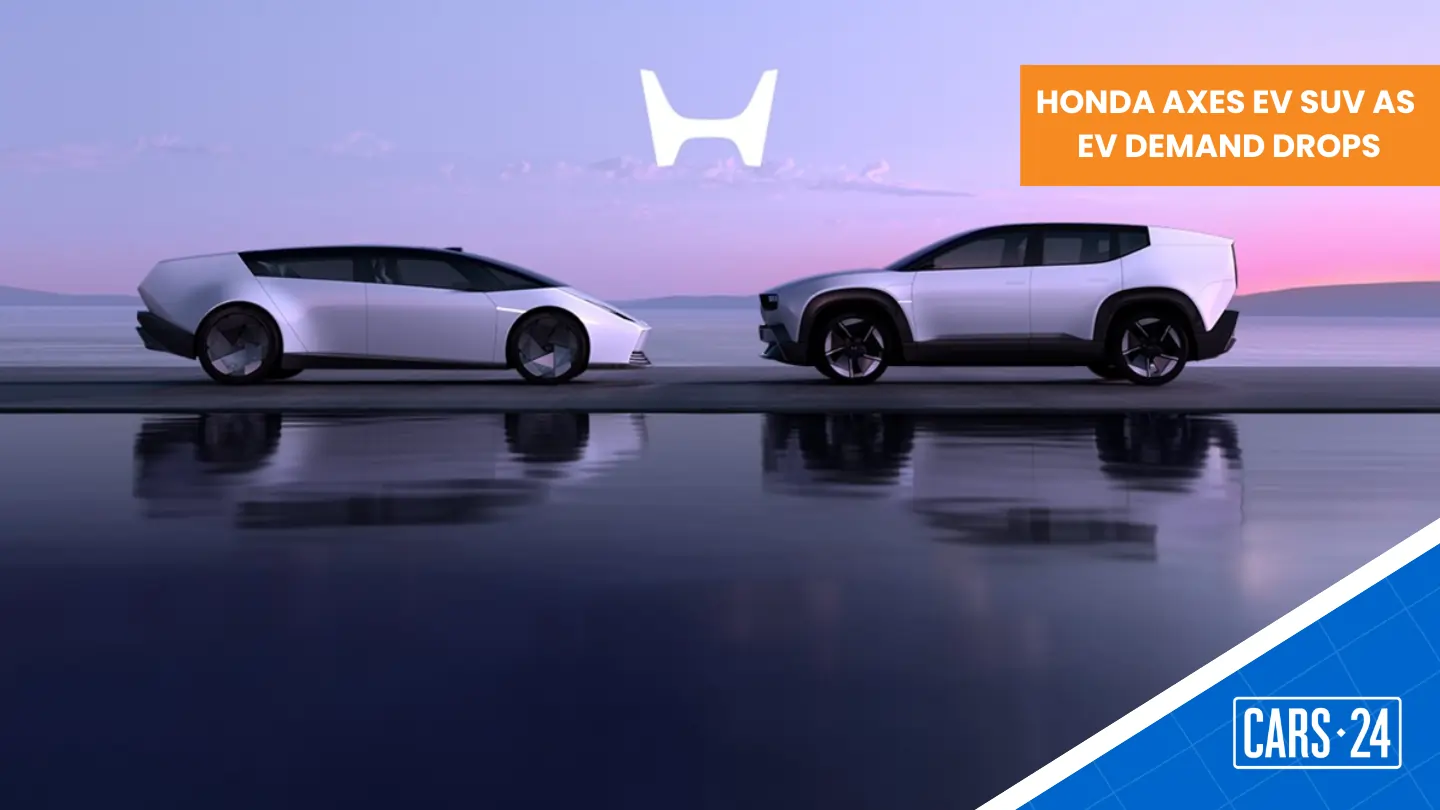
Comments
New Comment